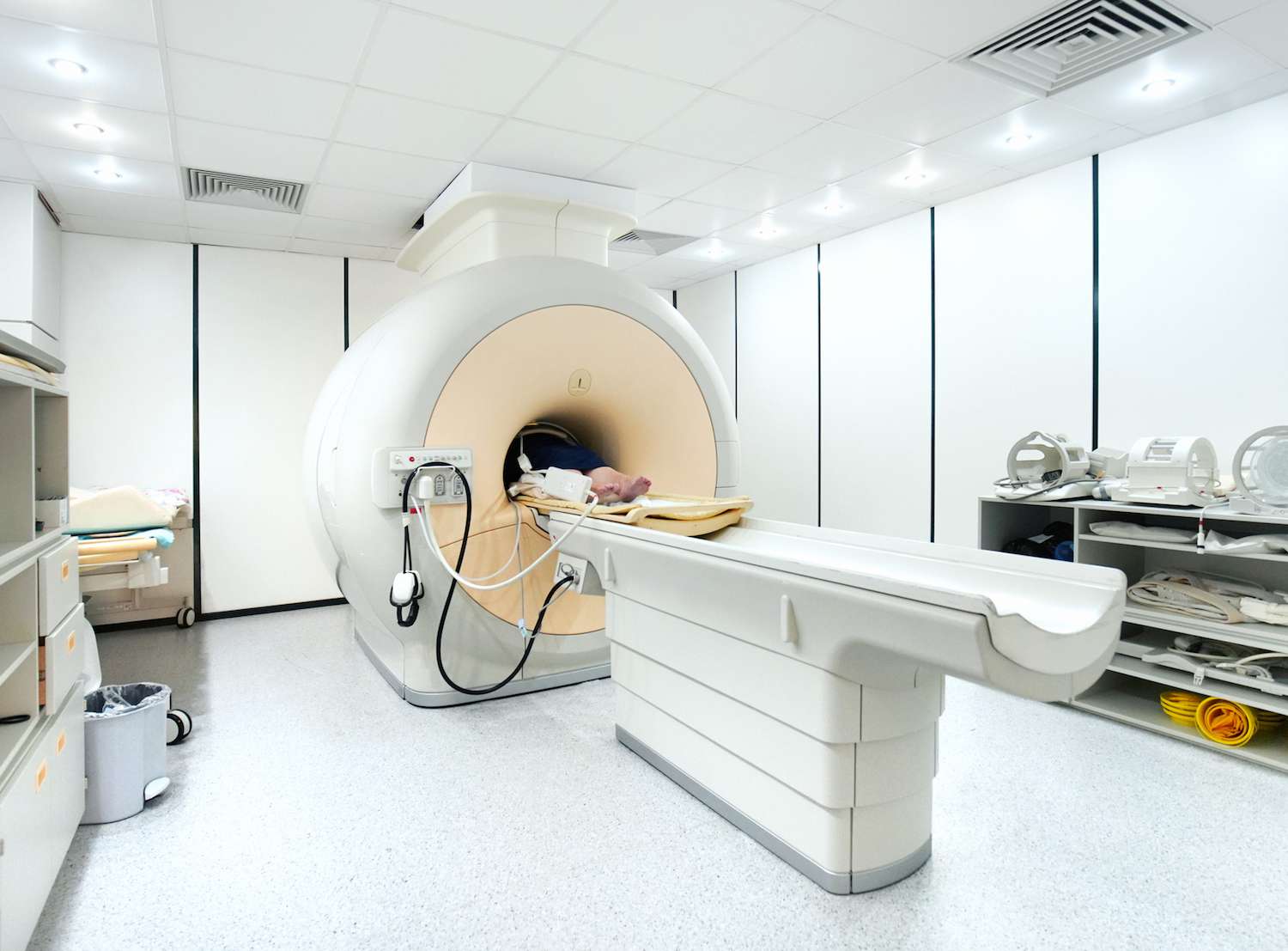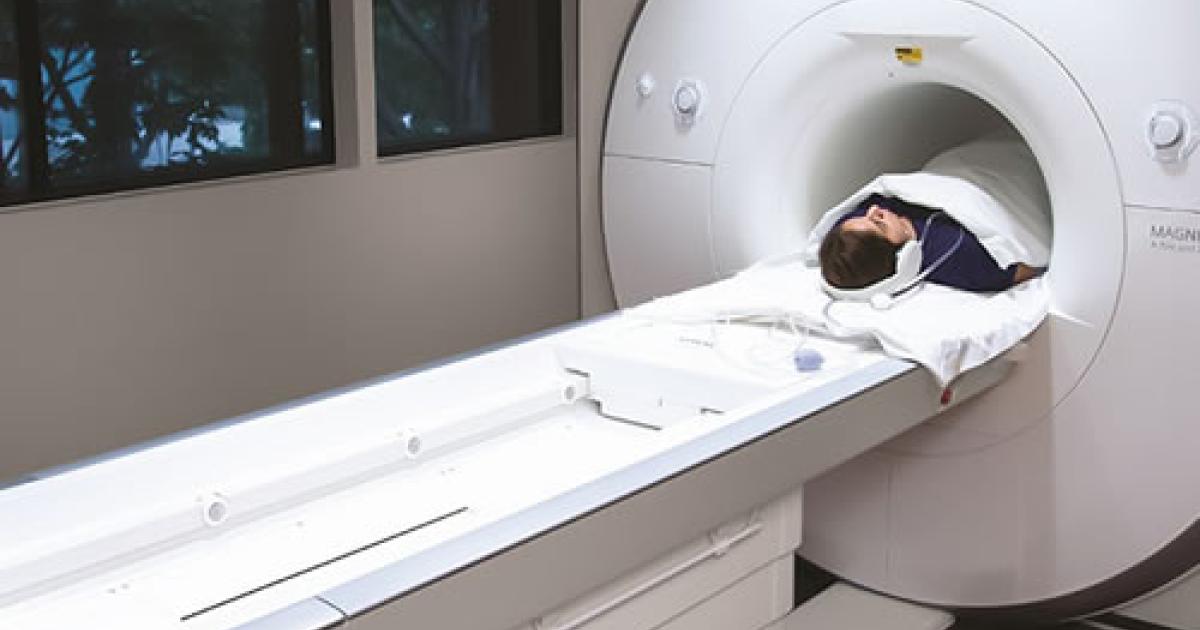Recent research indicates that MRI scans may soon replace invasive procedures in diagnosing heart conditions by accurately estimating pressures within the heart, a critical indicator for predicting heart failure.
The study, conducted by the University of East Anglia (UEA) and Queen Mary University of London, found that MRI-derived pressure measurements are reliable predictors of heart failure, potentially offering a non-invasive alternative to current diagnostic methods. This could be a significant step forward in the early detection and prevention of heart failure.
The study also identified key risk factors associated with increased heart pressure, which leads to heart failure. These factors include being over the age of 70, having high blood pressure, obesity, alcohol consumption, and being male.
The research highlights that individual with these risk factors, when combined with higher heart pressure detected via MRI, have a substantially increased risk—up to five times—of developing heart failure within six years.

Previous studies had established the ability of heart MRI techniques to estimate pressures linked to heart failure symptoms. However, this new research is the first to confirm that MRI-derived pressure measurements can predict heart failure risk in the broader population.
By analyzing data from over 39,000 participants in the UK Biobank, the researchers demonstrated the effectiveness of MRI scans in identifying heart failure risks without the need for invasive tests.
In addition to validating the predictive power of heart MRI, the research team developed a model that combines MRI-detected heart pressure with the identified risk factors to estimate an individual’s likelihood of developing heart failure.
This model could enable healthcare professionals to detect and treat heart failure at earlier stages, potentially saving lives by intervening before the condition worsens.
The collaboration behind this research included contributions from multiple institutions, including the universities of East Anglia, Queen Mary, Leeds, and Sheffield, as well as several hospitals and research institutes.
The study utilized data from the UK Biobank, a comprehensive biomedical database that provided valuable insights into the genetic, lifestyle, and health factors influencing heart health across a large population.
